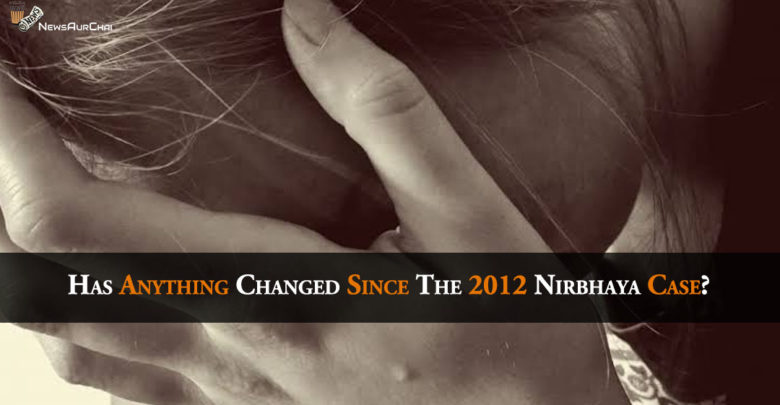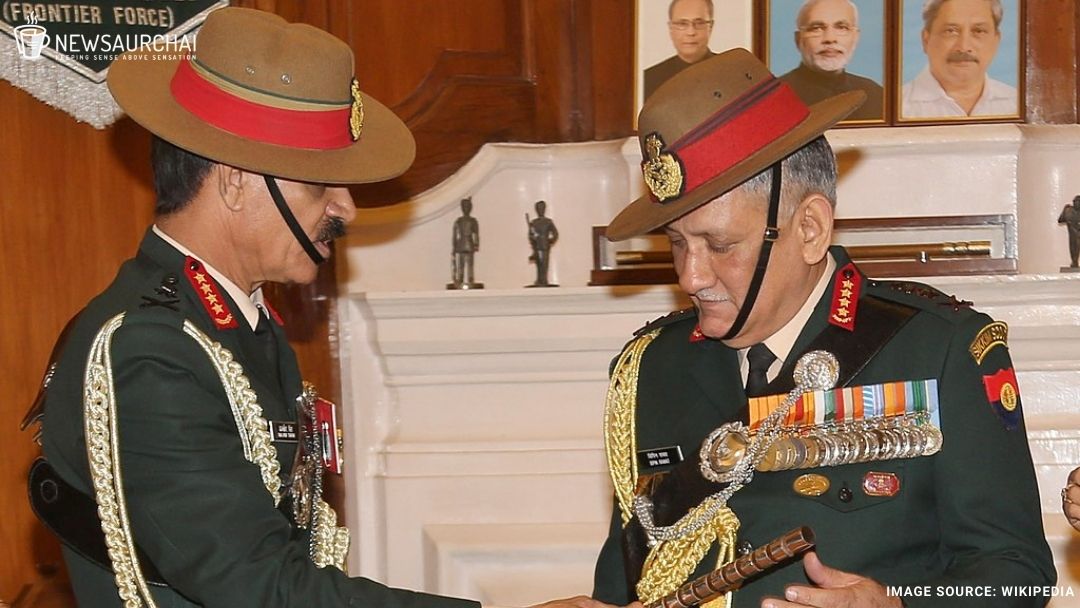
One of the cases that had brought national-wide outrage which Indian history had never seen before 2012; when a 23-year-old physiotherapist was gang-raped and killed on a bus in New Delhi (Nirbhaya Case). This awakened the Indian citizens to protest against the sexual violation, which is increasing in India with every passing year.
If you check the records you will find though the number of rape and sexual assault cases being recorded in India has only increased since 2012, no such steps have been taken to give justice to the victim and her family.
However, can we say that the government, constitution and lawmakers have entirely avoided the same? No, though only minimal steps were taken.
India introduced measures to speed up the process of prosecutions, especially in rape cases, that is how the ‘fast track court’ came into existence. It also expanded the sex crime definition and included stalking and voyeurism. This gave women more emboldened and was ready to go up and complaint. As per the records of 2016, there was a rise of reporting of 12% of rape-related cases.
Despite this fact that the national statistics remain alarming; as not only is there any sign of a decrease in such cases, but in 40% of the rape cases the victims are minors or below the age of 18. The wheel of the court moves so slowly that one of the children’s rights organization estimated that even if no new child sexual abuse cases were brought after 2019. It still would take India’s justice system around 5 to 10 years minimum to conclude pending trials.
Do you think all the rape cases in India are actually reports? It might not be a shock, but yes, it is valid, only a minimal number of cases are being reported; out of which very fewer cases end up getting justice.
The current situation is that if you have a political hold or your case has a national or international outrage; then you might get justice. Nevertheless, the political clod if it is in the side of accused, then you can forget about the justice the best example which can be quoted right now is Unnao Case. She was raped, her family was threatened and killed in a fake accident, but her firm will power kept her going with the judicial fight–what is the result, on her way to her court proceeding she was burned; struggling to live more, she just managed to add a day to her life. Her body gave up on her will power, and she surrendered in the hands of death on December 7.
The President of India Ram Nath Kovind called for an amendment to the constitution on December 6, 2109, regarding the mercy petitions which could be filed when sentenced to death. He stated that under the POCSO Act rapist convicts should not be allowed mercy petition.
This gave the people of India a ray of hope to have a better and safer place with a stronger and reformed judicial system.






One Comment